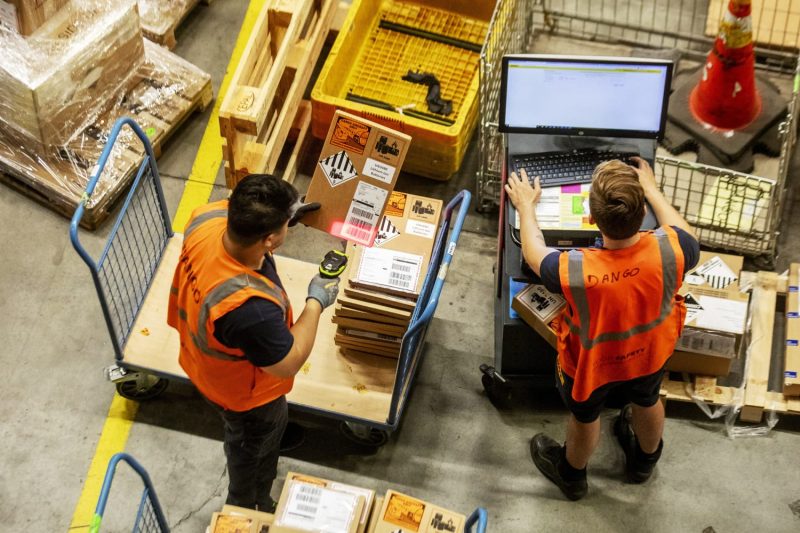In the modern era, global commerce operates on a delicate web of interconnected systems, where the failure of a single component can have far-reaching implications. This intricate network is vulnerable to disruptions caused by various factors, such as natural disasters, political instability, technological failures, or simply human error. When a single failure occurs within this complex web of global commerce, the consequences can be significant and wide-ranging.
One of the critical aspects of global commerce is the supply chain, which refers to the interconnected network of organizations, people, activities, information, and resources involved in moving a product or service from supplier to customer. The supply chain is an essential component of the global economy, and any disruption to it can have serious consequences for businesses and consumers worldwide.
A single failure within the supply chain can trigger a domino effect that reverberates throughout the entire network. For example, if a key supplier goes out of business or faces production issues, it can lead to delays in production, shortages of goods, and increased costs for other companies downstream in the supply chain. This can result in lost revenue, damaged reputations, and ultimately, a negative impact on the overall economy.
Moreover, the interconnected nature of global commerce means that a failure in one region or industry can quickly spread to other sectors and geographic areas. For instance, a labor strike at a port in one country can disrupt the flow of goods and affect businesses and consumers in multiple countries that rely on those imports and exports. Similarly, a cyberattack on a major logistics provider can create chaos in the supply chain and cause delays in delivery times around the world.
Another critical factor in the fragility of global commerce is the reliance on complex technology systems and infrastructure. As businesses increasingly digitize their operations and rely on interconnected networks for communication, data storage, and transactions, they become vulnerable to cyber threats, system failures, and technological breakdowns. A single cyberattack or system outage can bring an entire industry to a standstill, disrupting operations, compromising sensitive data, and causing financial losses.
In addition to these external factors, human error and organizational missteps can also contribute to the fragility of global commerce. Poor decision-making, inadequate risk management practices, lack of transparency, and unethical behavior can undermine the integrity of businesses and erode trust among partners and customers. A single misstep by a company, such as a product recall due to safety concerns, can tarnish its reputation and have lasting repercussions on its bottom line.
In conclusion, the web of global commerce is an intricate and fragile ecosystem that is susceptible to disruptions from various sources. A single failure within this complex network can have cascading effects that impact businesses, economies, and societies worldwide. To mitigate the risks associated with such failures, businesses must prioritize resilience, transparency, and collaboration in their operations and supply chain management. By recognizing and addressing vulnerabilities proactively, companies can better navigate the challenges of a volatile and interconnected global marketplace.
